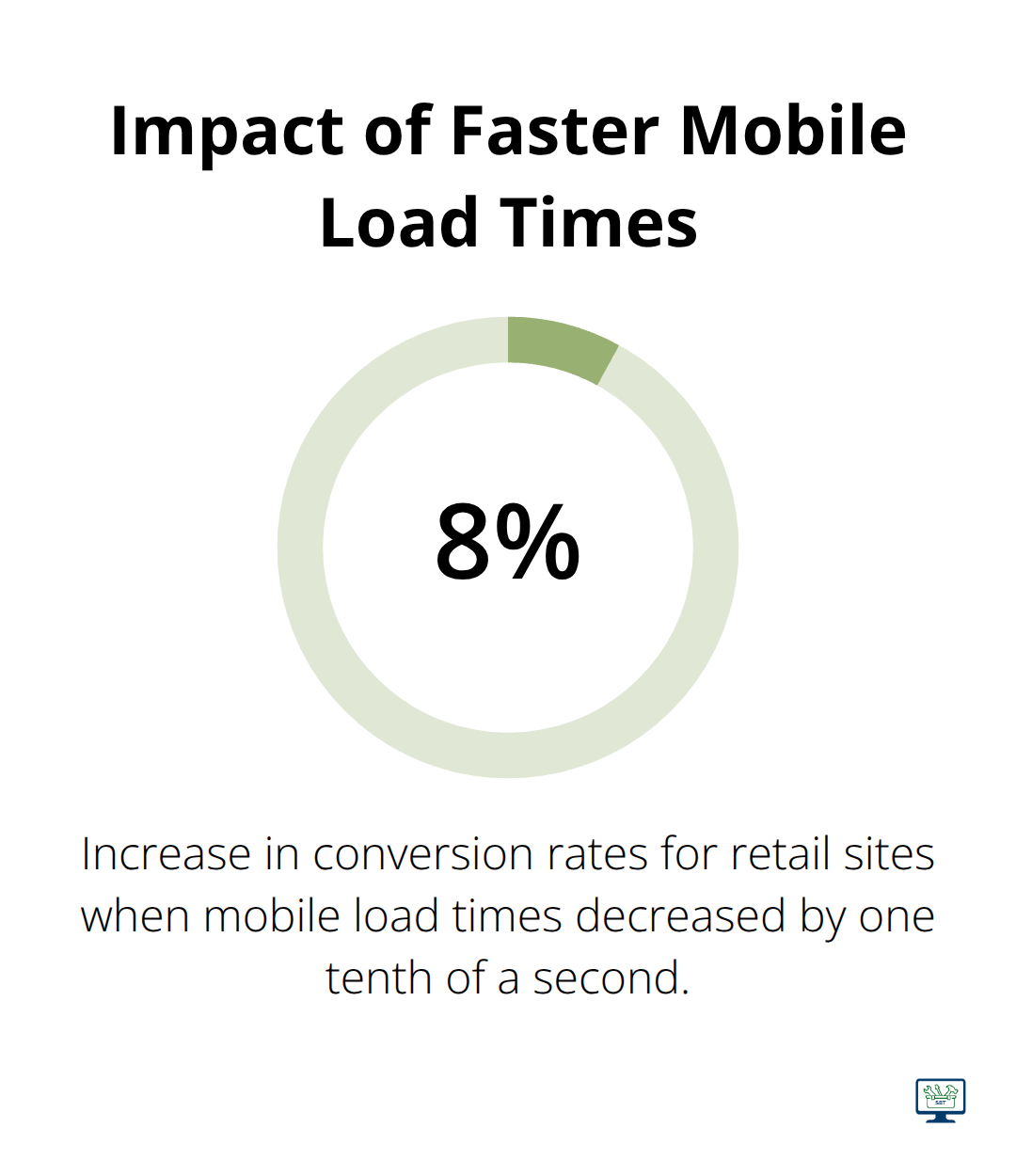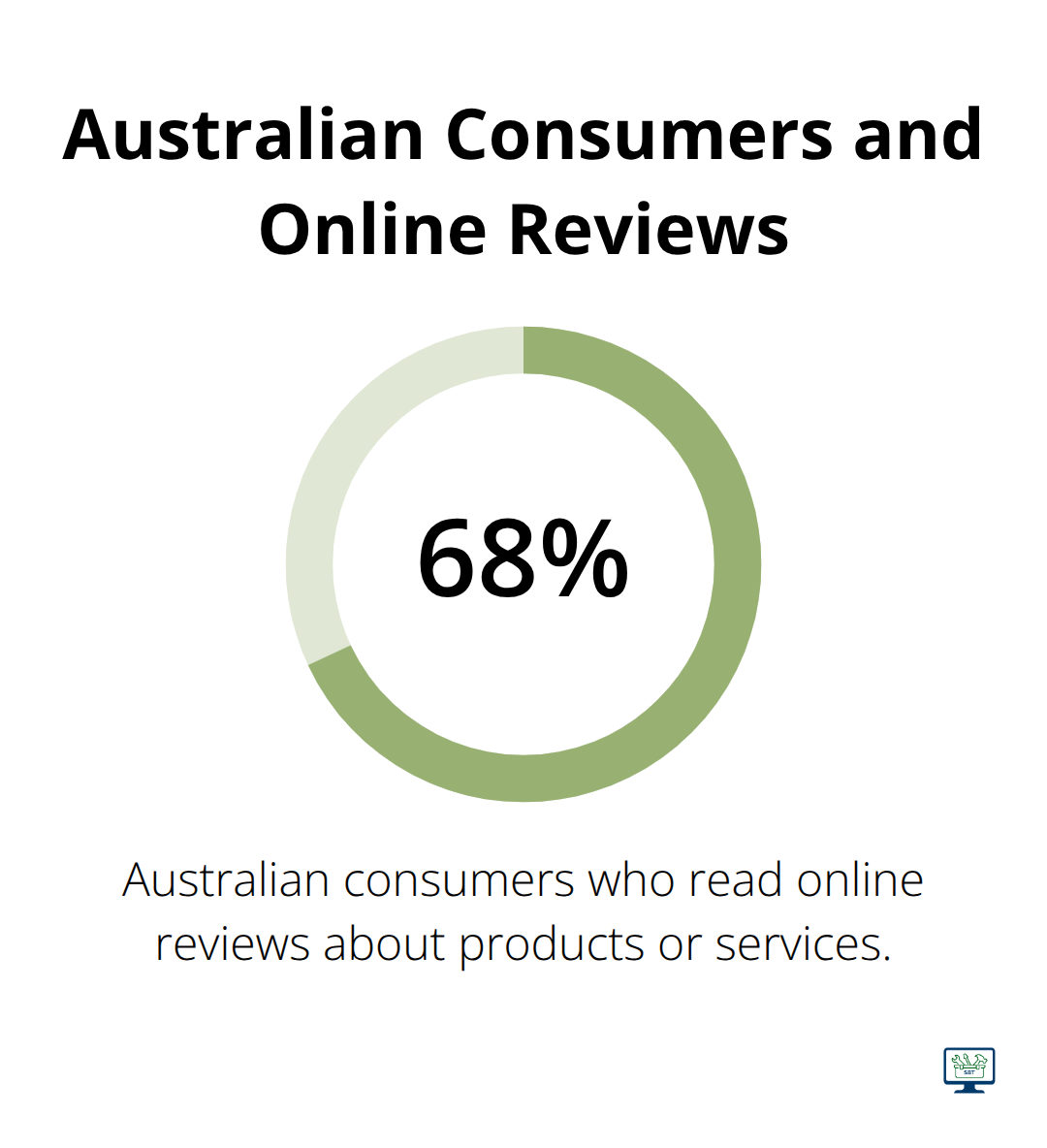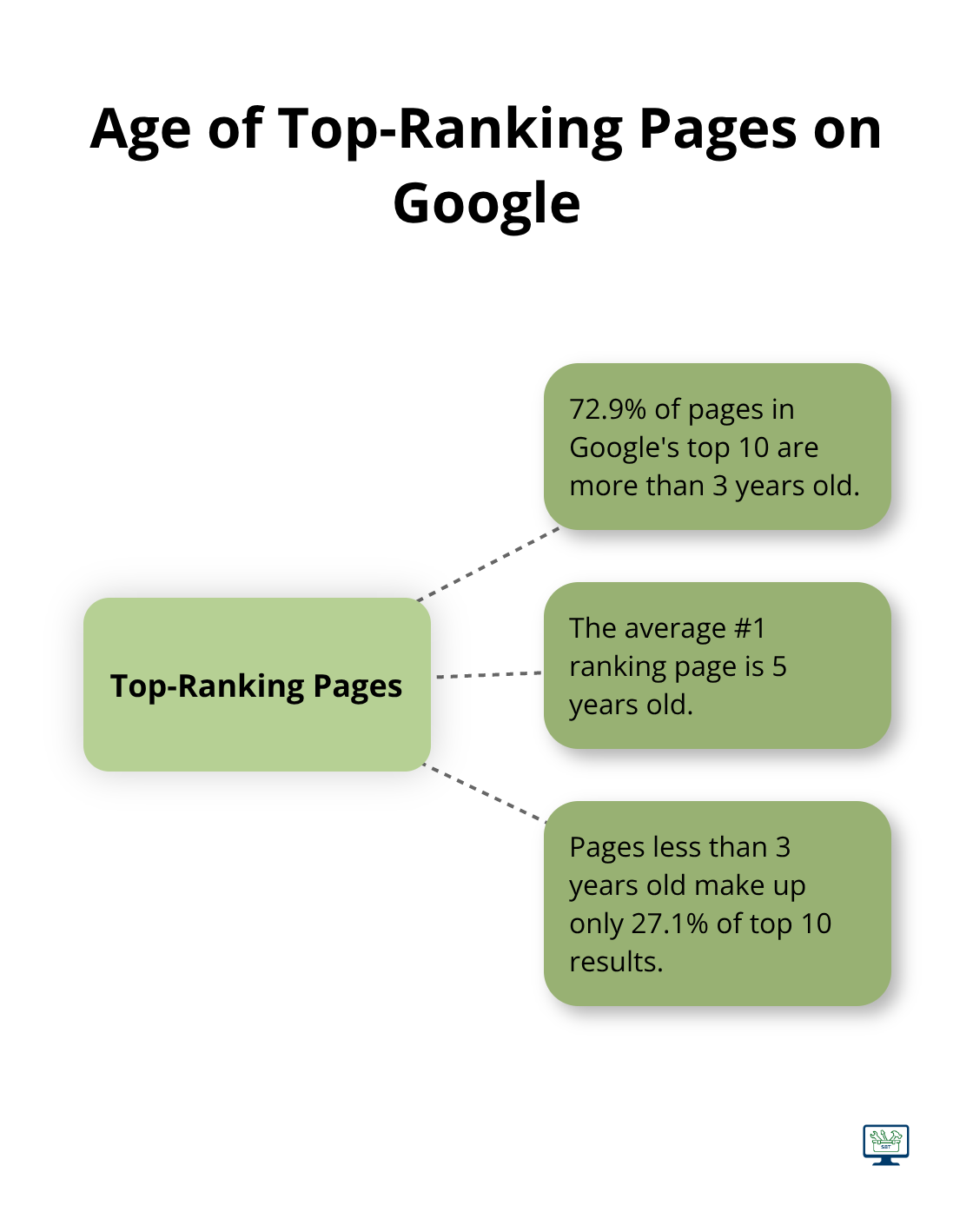On-Page vs Off-Page SEO: What’s the Difference?

Published On Sep 14,2025
At WebsiteStrategies, we often field questions about the different aspects of search engine optimisation. One common query is the distinction between on-page and off-page SEO.
Understanding these two pillars of SEO is vital for any small business owner looking to improve their online visibility. In this post, we’ll break down the key differences between SEO on-page and off-page techniques, and explain why both are essential for a robust digital marketing strategy.
What is On-Page SEO?
The Foundation of SEO Success
SEO-short for search engine optimisation-is about helping search engines understand your content, and helping users find your site and make a decision about …. It forms the cornerstone of any effective SEO strategy, focusing on elements within your website that you control directly.
Key Elements of On-Page Optimisation
The primary components of on-page SEO include:
- Content Quality: High-quality, relevant content reigns supreme. Google’s algorithms prefer in-depth, original content that effectively answers user queries.
- Keyword Optimisation: Strategic keyword placement in titles, headers, and throughout the content helps search engines understand your page’s topic.
- Meta Tags: Optimised title tags and meta descriptions can improve click-through rates from search results pages.
Technical Aspects That Matter
On-page SEO extends beyond content. Technical elements play a vital role:
- Page Speed: Decreasing mobile site load times by just one tenth of a second resulted in major performance gains. Specifically, conversion rates went up by 8.4% for retail …. Image optimisation and code minimisation can significantly reduce load times.

- Mobile Responsiveness: With mobile-first indexing, your site must work well on all devices (this is non-negotiable).
- URL Structure: Clear, concise URLs that include relevant keywords can enhance your SEO efforts.
Measuring the Impact
On-page SEO can substantially impact search rankings. An Ahrefs study found that pages with optimised on-page elements ranked 1.5 positions higher on average than those without.
To gauge the effectiveness of your on-page SEO efforts, monitor key metrics such as organic traffic, bounce rate, and time on page. These indicators will help you refine your strategy and achieve better results over time.
The Ongoing Nature of On-Page SEO
On-page SEO requires continuous attention. As search algorithms evolve and user behaviour shifts, your optimisation strategies should adapt. Focus on these fundamental on-page elements to build a solid foundation for your website’s success in search engine rankings.
Now that we’ve covered the basics of on-page SEO, let’s explore its counterpart: off-page SEO. This external aspect of optimisation complements on-page efforts and plays a crucial role in boosting your website’s authority and visibility.
What is Off-Page SEO?
The External Dimension of SEO
Off-page SEO optimises elements outside your website to improve search engine rankings and visibility. While on-page SEO focuses on internal factors, off-page SEO deals with external influences that shape how search engines perceive your website’s authority and relevance.
The Backbone: Backlinks
Backlinks form the core of off-page SEO. These links from other websites to your site act as votes of confidence in your content. Search engines interpret high-quality, relevant backlinks as indicators of your site’s authority.
A Backlinko study revealed that the top Google result averages 3.8 times more backlinks than positions 2-10. This statistic underscores the importance of a solid link-building strategy for small businesses aiming to climb the search rankings.
Beyond Backlinks: A Broader Online Presence
Off-page SEO encompasses more than just backlinks. It includes all activities that raise your website’s profile online:
- Social Media Engagement: While not direct ranking factors, strong social media presence increases brand awareness and drives traffic.
- Online Reviews: Positive reviews (especially on Google My Business) significantly impact local SEO. More than two thirds of Australian consumers (68%) read online reviews about products or services.

- Brand Mentions: Even unlinked mentions contribute to online authority. Google’s algorithms recognise these references.
Effective Off-Page Strategies
To boost your off-page SEO, consider these actionable tactics:
- Guest Blogging: Contribute high-quality written articles to authoritative sites in your niche.
- Digital PR: Create newsworthy content or events to attract media attention. This can lead to valuable backlinks from high-authority news sites.
- Influencer Partnerships: Collaborate with niche influencers. Their endorsements drive traffic and improve brand visibility online.
Off-page SEO requires consistent effort and a long-term perspective. However, with the right strategies, you can build a strong off-page profile that complements your on-page efforts and drives sustainable organic growth.
Now that we’ve explored both on-page and off-page SEO, let’s compare these two essential aspects and understand how they work together to create a comprehensive SEO strategy.
On-Page and Off-Page SEO: Two Sides of the Same Coin
The Control Factor
On-page and off-page SEO differ primarily in the level of control you have. On-page SEO involves elements you can directly manipulate on your website, such as content, meta tags, and site structure. Off-page SEO deals with external factors like backlinks and social signals, which are often influenced by others.
On-page ranking factors can have a significant impact on your page’s ability to rank if optimised properly. This underscores the importance of a balanced approach to SEO.
The Time Factor
On-page SEO typically yields quicker results. You can optimise your content, improve your site speed, and fix technical issues relatively quickly. Off-page SEO, particularly link building, requires a long-term perspective. It takes time to build relationships, create link-worthy content, and earn high-quality backlinks.
According to a study by Ahrefs, 72.9% of pages in Google’s top 10 are more than 3 years old, with the average #1 ranking page being 5 years old. This timeline can shorten with effective on-page optimisation but extend without proper off-page efforts.

The Synergy Effect
While on-page and off-page SEO differ in many ways, they work best when implemented together. On-page SEO lays the foundation for your off-page efforts. No matter how many high-quality backlinks you acquire, if your on-page SEO lacks quality, you’ll struggle to rank well.
For instance, if you run a local business in Brisbane, optimising your on-page content for local keywords is essential. But to truly dominate local search results, you’ll need off-page signals like citations and reviews to complement your on-page efforts.
The Local SEO Connection
Local SEO combines both on-page and off-page elements. On-page factors include optimising your website’s content for local keywords and creating location-specific pages. Off-page factors involve managing your Google My Business listing, acquiring local citations, and encouraging customer reviews.
A comprehensive local SEO strategy (which integrates both on-page and off-page tactics) can significantly boost your visibility in local search results. This approach proves particularly effective for small businesses targeting specific geographic areas in Australia.
The Content Quality Link
High-quality content serves as a bridge between on-page and off-page SEO. Well-optimised, valuable content not only improves your on-page SEO but also attracts natural backlinks-a key off-page factor. This symbiotic relationship between content quality and link acquisition underscores the interconnected nature of on-page and off-page SEO.
Final Thoughts
On-page and off-page SEO strategies work together to boost your website’s visibility and rankings. On-page SEO focuses on content quality, keyword optimisation, and technical aspects, while off-page SEO deals with backlinks, social signals, and online reputation. A successful SEO strategy balances both approaches, starting with on-page optimisation and building upon it with off-page efforts.
Small business owners in Australia should adopt a holistic approach that integrates both SEO on-page and off-page techniques. This comprehensive strategy will improve rankings, increase visibility, and generate more traffic and conversions. Consistent effort and adaptation to changing algorithms and user behaviours are essential for long-term success.
If you find SEO complexities overwhelming, expert guidance can help. WebsiteStrategies offers SEO consultancy and training services tailored for Australian SMEs (to develop effective, long-term strategies). Their expertise can help you navigate SEO intricacies and transform your website into a powerful lead-generating asset.
